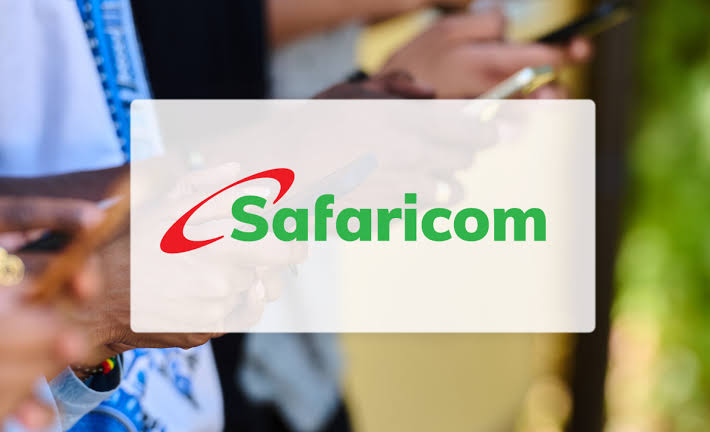Kenya announced an ambitious plan to sell a large portion of its Safaricom shares, aiming to raise over $1 billion. It will be one of the region’s largest financial transactions as the government unlocks funds from its telecom giant stake to bolster national finances without raising taxes.
Government’s bold move to unlock capital from Safaricom
At current market prices, the Kenyan government owns roughly 34.9 per cent of Safaricom, worth about 280.5 billion Kenyan shillings ($2.1 billion). The anticipated sale, announced Monday, entails selling 5 per cent –10 per cent of this stake. Depending on market conditions, this might earn 39.8 billion to 79.7 billion shillings ($308 million to $617 million).
During the announcement, Finance Minister John Mbadi emphasised the importance of this divestment, stating,“There is talk that if we could offload more of our ownership of Safaricom, where we are likely to get the KES 149 billion through privatization.” The government sees this as cutting borrowing and stabilizing the budget.
The government sold 25 percent of Safaricom in an IPO in 2008, which was oversubscribed by 532 per cent and raised 51.75 billion shillings ($400 million). Precedent sets high expectations for the transaction.
Sale options and market dynamics
The government has not chosen a sale method. Post-IPO or auction-based block sales to institutional investors are options. Given current share prices, some analysts believe that undervaluing Safaricom and making an off-market purchase may help.
Wesley Manambo, an analyst at Standard Investment Bank, commented on the announcement: “The most prudent approach given the current market pricing would be an off-market transaction, similar to what we have seen recently in the banking sector where interested shareholders purchase a block at a premium to the market rate.”
Safaricom’s reliable revenue sources, mainly from M-Pesa and data services, attract global private equity investors. International demand might raise the price if the government holds a competitive auction.
The government wants to sell by June 2026 to meet its budgetary timetable. As loan payment expenses rise in Kenya, time is crucial. In the first eight months of 2015/2016, Kenya spent $5.5 billion on interest payments, more than half of its tax receipts.
Safaricom remains the largest company on the Nairobi Securities Exchange, making it a highly sought-after asset for investors seeking stable returns in Africa’s growing markets.
Kenya’s decision to sell many of its Safaricom shares underscores its desire to use one of its most prized assets to boost public finances under economic challenges. Investors and policymakers throughout the continent will watch the acquisition.











